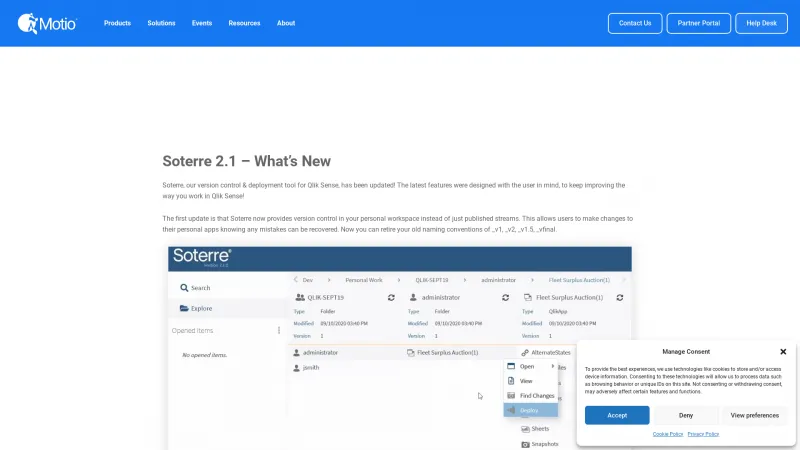Enhance Collaboration with Version Control Systems
Version Control Systems (VCS) are essential tools for managing changes to source code and other digital assets over time. They solve the problem of tracking modifications, enabling collaboration among multiple developers, and maintaining a history of project development. By using a VCS, teams can easily revert to previous versions, compare changes, and resolve conflicts that arise when multiple contributors work on the same files. Read more
Key features of version control systems include branching and merging capabilities, which allow developers to work on new features or fixes in isolation before integrating them into the main project. Additionally, VCS provides a centralized repository for storing code, ensuring that all team members have access to the latest updates. Many systems also offer robust logging and auditing features, enhancing accountability and transparency in the development process.
Version Control Systems are best suited for software development teams, ranging from small startups to large enterprises, as well as industries that require collaborative content creation, such as web development, game design, and data science. By implementing a VCS, organizations can improve productivity, streamline workflows, and enhance the overall quality of their software projects.
